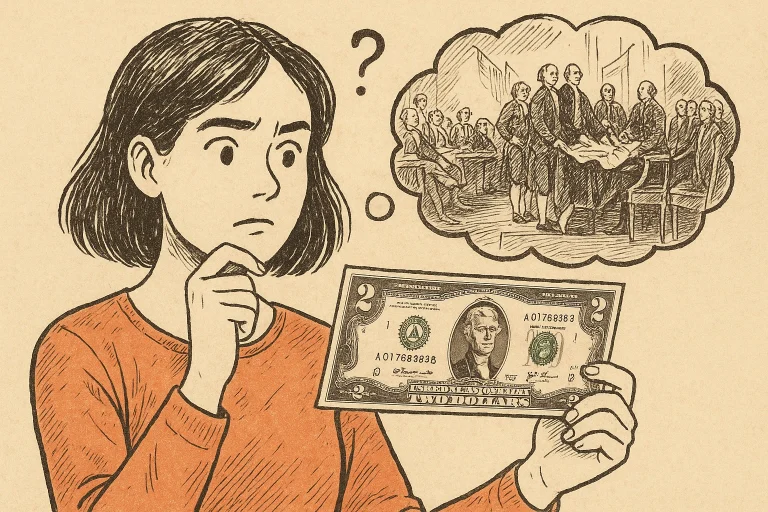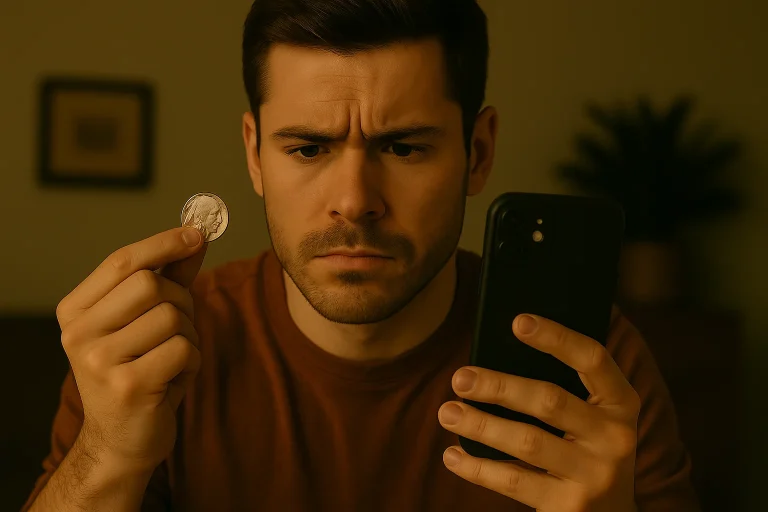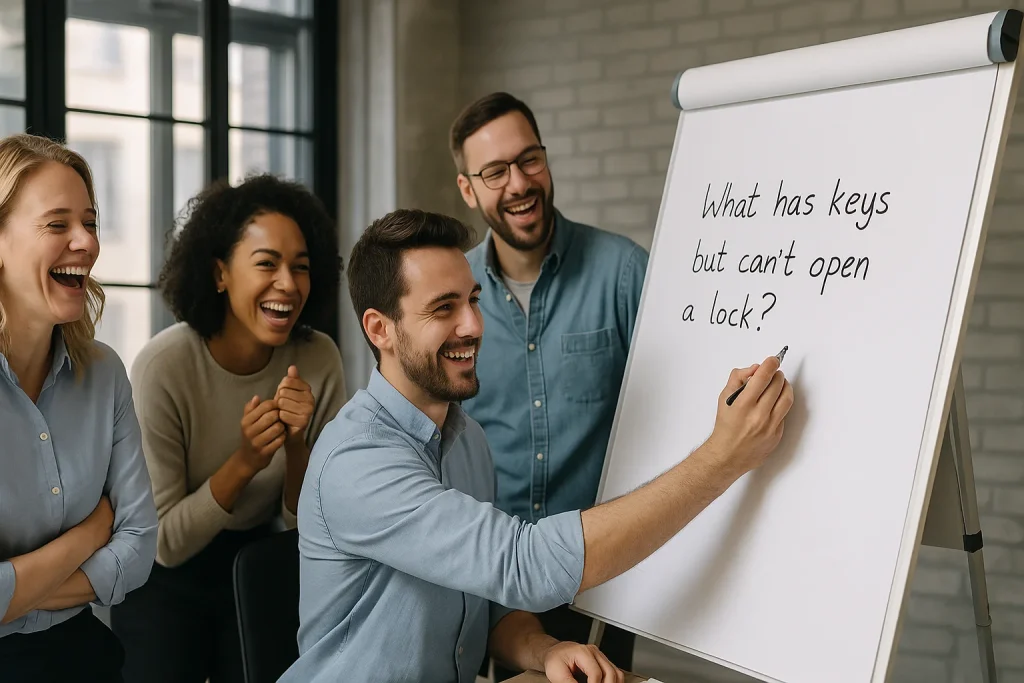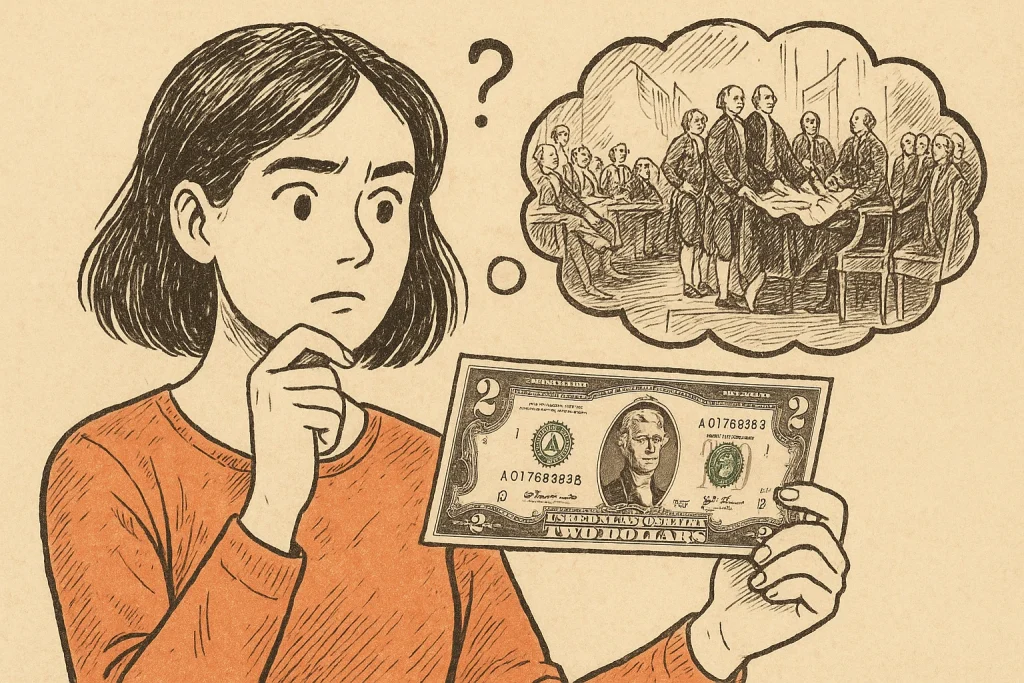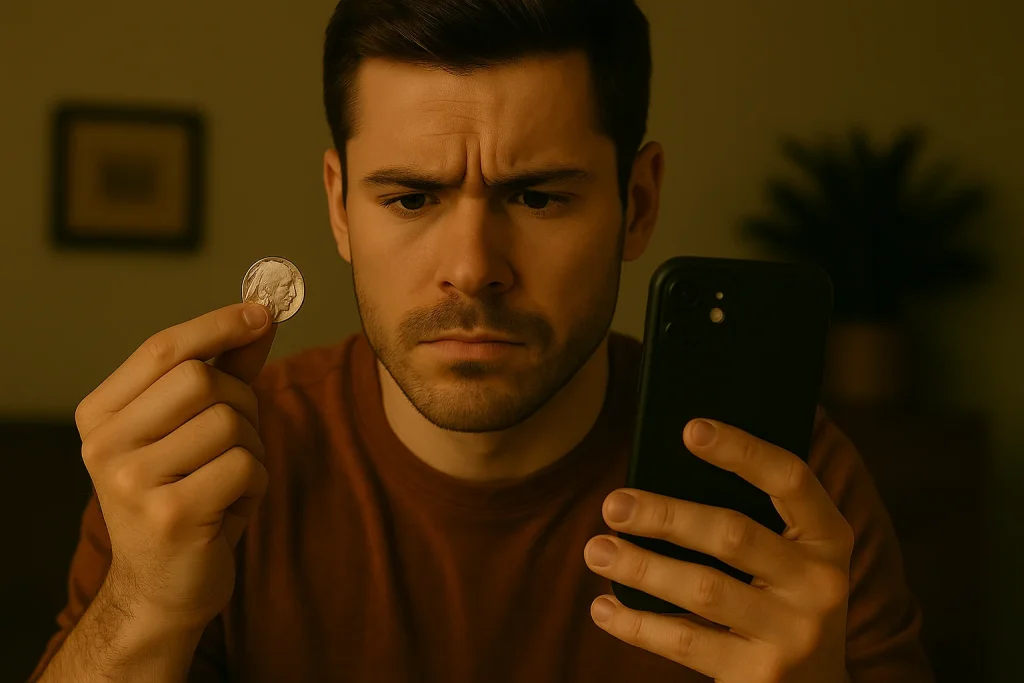Many people enjoy funny riddles for adults at parties, in group chats, or just during coffee breaks at work. They are fun, a little quirky, and often good for a laugh. But here is the surprising part: riddles aren’t just about entertainment. They actually work like mini-exercises for your brain.
Think of them as mental push-ups. When you laugh at a clever punchline or scratch your head over a tricky puzzle, your brain isn’t idle — it’s actively engaging memory, attention, creativity, and problem-solving skills all at once. In other words, what seems like play is also training.
So, today we would like to explore some of the most common myths about the brain and show you how riddles (even the silly ones!) can prove them wrong. By the end, you’ll see riddles in a whole new light — not just as time-killers, but as tools that sharpen your mind in ways you might not expect.
Myth 1: “We Only Use 10% of our Brain”
You’ve probably heard this line in a movie or seen it in a motivational post: “Unlock the other 90% of your brain!” Sounds exciting, right? Too bad it is not true. Neuroscience shows again and again that we use all parts of our brain. Not all at the same time, of course, but across different activities, almost every region lights up at some point. Even when you are sleeping, your brain is far from idle — it is busy consolidating memories and regulating the body.
So where do riddles come in? When you solve one, your brain juggles several skills at once:
- Memory: recalling words, patterns, or logic structures you’ve seen before.
- Attention: focusing on details in the riddle without getting distracted.
- Creativity: finding unusual or “out of the box” answers.
- Problem-solving: testing possible solutions and rejecting the wrong ones.
That is a lot more than 10%. In fact, researchers say riddles and puzzles can activate both hemispheres of the brain because they demand logical reasoning and imaginative thinking.
Quick tip: Try solving riddles at different times of the day. In the morning, you may notice sharper logic and attention; in the evening, when you are relaxed, creativity often kicks in. By comparing your answers, you will see just how versatile your brain really is.
Myth 2: “Funny Riddles Are Just Entertainment”
It is easy to dismiss riddles as “childish” or just a way to kill time. But humor plus problem-solving is actually a recipe for powerful brain training. Here is why:
- Humor boosts learning: When something makes you laugh, your brain releases dopamine — a neurotransmitter tied to motivation and memory. That means you are more likely to remember a funny riddle than a dry fact.
- Speed of thinking improves: Punchline-style riddles push your brain to connect ideas quickly. You don’t just get the joke — you’ve trained your brain to spot patterns faster.
- Creativity gets a workout: Many riddles are designed to mislead you into thinking one way, only for the answer to flip your perspective. That mental flexibility is pure gold in everyday life.
Instead of scrolling aimlessly on social media when you need a break, try a five-minute “riddle break.” It may sound simple, but those few minutes of laughter and problem-solving refresh your mind better than reading random posts. Plus, it is a great way to bond with coworkers or friends — share a riddle in a group chat and see who cracks it first.
Lifehack: Start or end your work meeting with one short riddle to lighten the mood, engage your attention, and set a positive tone. Some managers even use this trick to get their teams thinking more creatively.

Myth 3: “Adults Can’t Improve Their Memory or Attention”
This one pops up all the time: “Once you’re past your twenties, your memory just goes downhill.” Sounds depressing, but neuroscience tells a different story. The truth is, your brain keeps changing throughout your entire life thanks to something called neuroplasticity — the brain’s ability to form new connections and pathways. That means even at 60, 70, or 80, you can sharpen your memory and attention with the right kind of practice.
Riddles are a simple but surprisingly effective tool for this. Solving them requires you to:
- Hold details in working memory (remember the setup of the riddle while thinking through possible answers).
- Spot small cues (many riddles hide answers in wordplay or tiny details).
- Stay focused (you can’t drift off mid-puzzle or you will miss the solution).
Over time, this strengthens the same skills you use in real life — remembering names, staying on task at work, or noticing important details others might overlook.
Pro tip: Treat riddles like a workout plan. Start with short, easy ones (like classic one-liners) to “warm up.” Then, gradually move to longer logic puzzles or tricky brain teasers that require more concentration. Just like in fitness, progression is key.
Myth 4: “Brain Training Apps Don’t Work — It’s Just Marketing”
Skepticism here makes sense. The app market is full of flashy promises, but there is now solid evidence that structured brain training exercises can genuinely improve core cognitive skills — provided you use them consistently. Some studies confirm better results in reaction speed, attention, and memory after just a few weeks of training.
Take Mind Elevate for example, an app that combines memory, logic, math, music, and attention-based games. Users who stick with daily challenges often see results like:
- +17% reaction speed in just one week
- 1.6× stronger concentration after one month
- 2.1× better attention to detail after two months
- +19% memory improvement in 2–3 weeks
That is not magic — it is the same principle as physical exercise: your brain adapts to repeated challenges.
Lifehack: Try setting a daily “brain snack” routine — 5 minutes for a puzzle, a quick memory game, or even recalling your grocery list backward. Small, consistent challenges keep your mind sharp without taking much time.
Myth 5: “The Left Brain Is Logical, the Right Brain Is Creative”
It is one of the most popular brain myths, but also one of the most misleading. Yes, different regions of the brain specialize in different tasks — but both hemispheres constantly communicate. Creativity isn’t just a “right brain” thing, and math isn’t locked into the “left.” In reality, most activities (even simple ones) require both sides working together.
Funny riddles are a perfect example. To solve them, you need logic (spotting contradictions, following rules) and creativity (seeing the twist or the unexpected connection). That back-and-forth is exactly how your brain operates — as a team, not as two separate personalities.
Try this: Play with riddles that ask you to find unusual associations — like “What has keys but can’t open locks?” (answer: a piano). You are blending logical deduction with creative interpretation, and your whole brain gets in on the fun.
Myth 6: “Multitasking Makes Your Brain More Productive”
You might think juggling ten things at once makes you super-efficient. In reality, the opposite is true. Stanford research shows that habitual multitaskers often have: poorer memory; weaker attention; slower task performance.
Every time you switch tasks, your brain wastes energy recalibrating — like running while constantly changing shoes. You are moving, but efficiency drops. So, what does this have to do with riddles? Plenty. Solving a riddle isn’t just finding the answer — it is about:
- immersing your brain in one challenge
- tracking details carefully
- testing different solutions
- staying fully focused until you crack it
Practicing this kind of single-task focus regularly strengthens pathways that improve memory, attention to detail, and problem-solving in everyday life.
Pro tip: Try a “10-minute riddle session” daily with zero distractions. No notifications, no emails, no background noise — just you and the puzzle. It is a simple habit that sharpens focus and reduces mental fatigue from constant task-switching.

Beyond the Myths
Funny riddles may not hold the secret to “unlocking brain zones,” but they do prove one thing: your mind is more active and adaptable than the old myths suggest. A little humor plus a challenge — and your brain is already doing its best work.
And the best part is you don’t need fancy tools or hours of practice. Just a few riddles a day are enough to remind you that brain training can be simple, playful, and surprisingly powerful.






